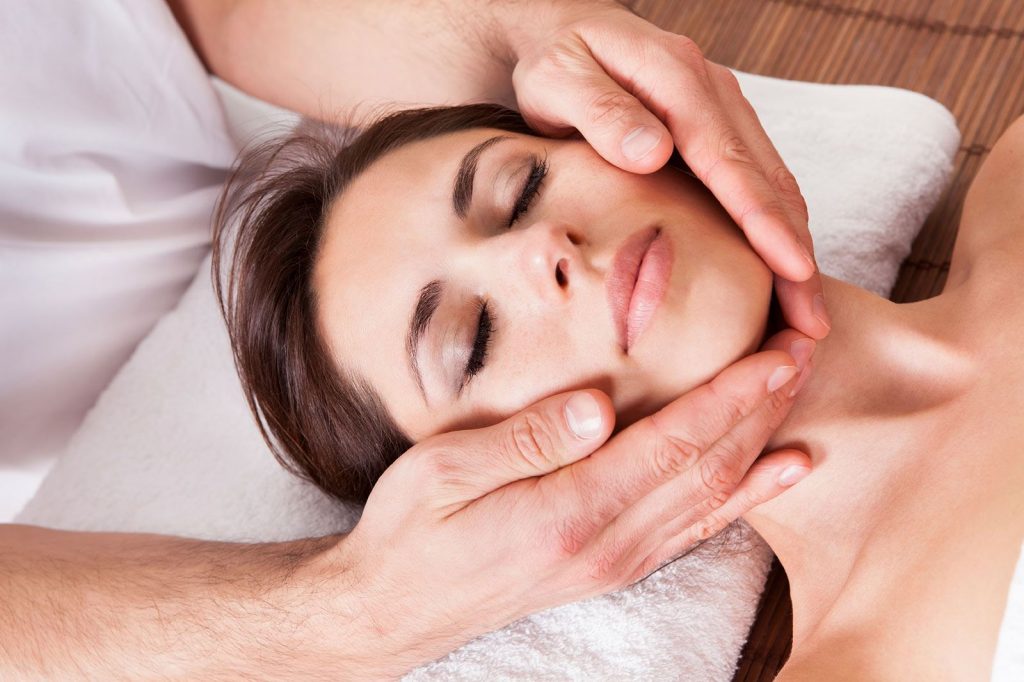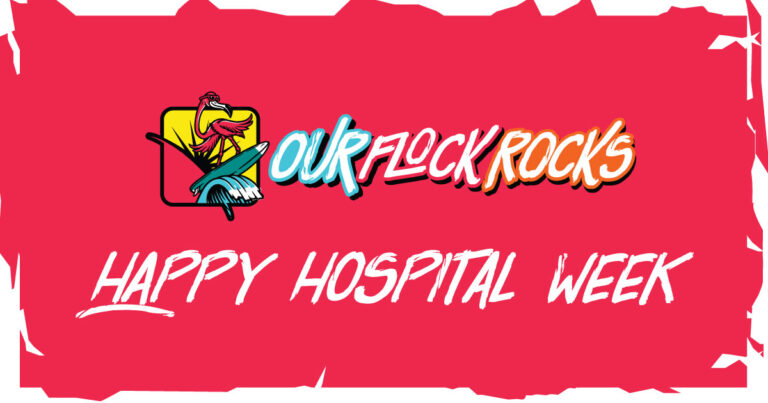
Massage Benefits and Cancer
A Healing Respite During a Challenging Time
If you are experiencing the challenges of cancer diagnosis treatment and side effects, massage therapy can offer a unique way to relax and restore your healing resources. Massage and other skilled touch techniques can complement medical treatment and support recover by easing pain, reducing stress and providing emotional reassurance. At times, massage may be one of the few activities that actually feels good. Simply taking the time to receive soothing touch amidst a busy schedule of medical procedures can improve your mood and support your healing.
RELIEVING YOUR DISCOMFORT
Many people find that when medication doesn’t completely ease their pain, massage helps. There are sound medical reasons for the ability of touch therapy to relieve pain, including increased circulation and release of the body s natural painkillers, such as endorphins. But the most profound relief may come from the deep relaxation you experience with massage. As you focus on the pleasant sensation of caring touch, stress and anxiety loosen their grip, allowing pain to recede to the background.
Massage can also reduce the discomforts of nausea, fatigue and insomnia. You may experience a sense of relief of physical symptoms into the hours and days beyond your sessions.
SUPPORT FOR YOUR RECOVERY
When you feel less pain and stress, your body is better able to rally its healing capabilities. For example, touch therapy can reduce pain and speed recovery of tissues affected by surgery or radiation. Therapists with advanced training can use specific techniques, applied with caution, to reduce swelling and restore pliability to scarred areas.
Massage also decreases muscle tightness and increases range of motion, which can help you feel more like stretching, exercising and enjoying your favorite recreational activity.
YOUR EMOTIONAL WELL-BEING
The nurturing, one-on-one experience of massage may help you feel cared for when going through treatment or adjusting to physical changes, such as a mastectomy or hair loss. If you have experienced changes in your activity levels or social network, or are coping with fear, anxiety or depression, a massage can provide a time for acceptance of tender emotions and the changes in your life.
WHAT RESEARCH HAS TO SAY
Many hospitals provide massage or other touch therapies for cancer patients. Hospital studies reported to journals such as International Journal of Oncology Biology and Physics, Journal of Pain and Symptom Management and International Journal of Palliative Nursing have shown that cancer patients felt more relaxed and experiences less pain, less anxiety, or both after receiving massage or other touch therapies. Other research showed that massage reduced nausea during chemotherapy.
THE GIFT OF TOUCH
No matter what stage of cancer you are experiencing, massage therapy can offer a rewarding opportunity to let go and receive the healing effect of relaxation. As you rest on the massage table, or in your chair, you will be cared for and your needs respected with a therapy that addresses not your disease, but you as a whole person. Even in a schedule crowded with medical appointments, you will find touch therapy to be a completely different experience a restorative and healing respite.
FOR YOUR COMFORT
Massage therapy can be given in almost any setting including home, hospital or care facility. The person receiving the massage can be in bed or seated upright in a chair or wheelchair, and may remain fully clothed. Frequency of sessions is based on individual needs as well as financial considerations. Physical and emotional benefits tend to increase with regular and frequent sessions.
FOR YOUR SAFETY
It is now generally accepted by the medical profession that gentle, professional touch can reduce much of the discomfort of cancer and its treatment. Your care is complex, however, so it is important to speak with your oncologist or patient care team before receiving massage.
TIMING IS IMPORTANT.
Your therapist needs to be kept up to date on your treatment in order to determine what is most appropriate at different points. For example, vigorous pressure is rarely advisable during or immediately following medical treatment. And some things like lymph node removal are extremely important to know about in order to gauge what techniques to use.
Keep in mind that like any input to your system, massage can tax your energy. Be sure to discuss current stamina and pain levels with your therapist. She or he may want to reschedule a session depending on your changing needs. Short sessions may be best at first, so you and your therapist can judge what works for you.



